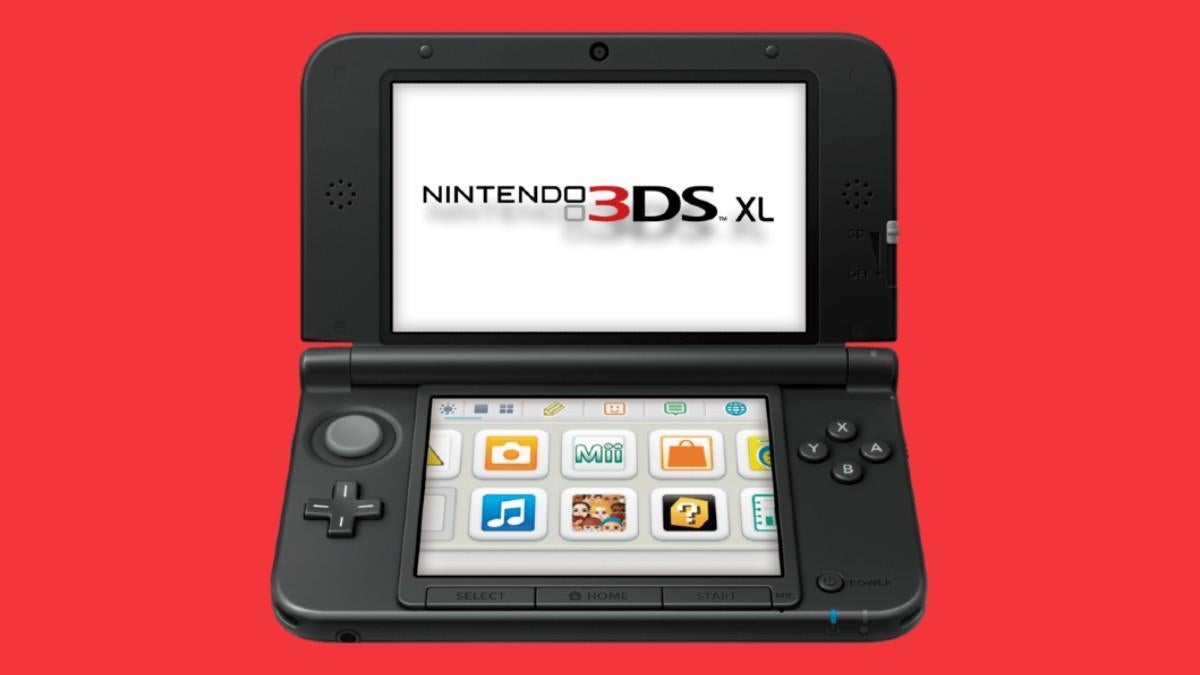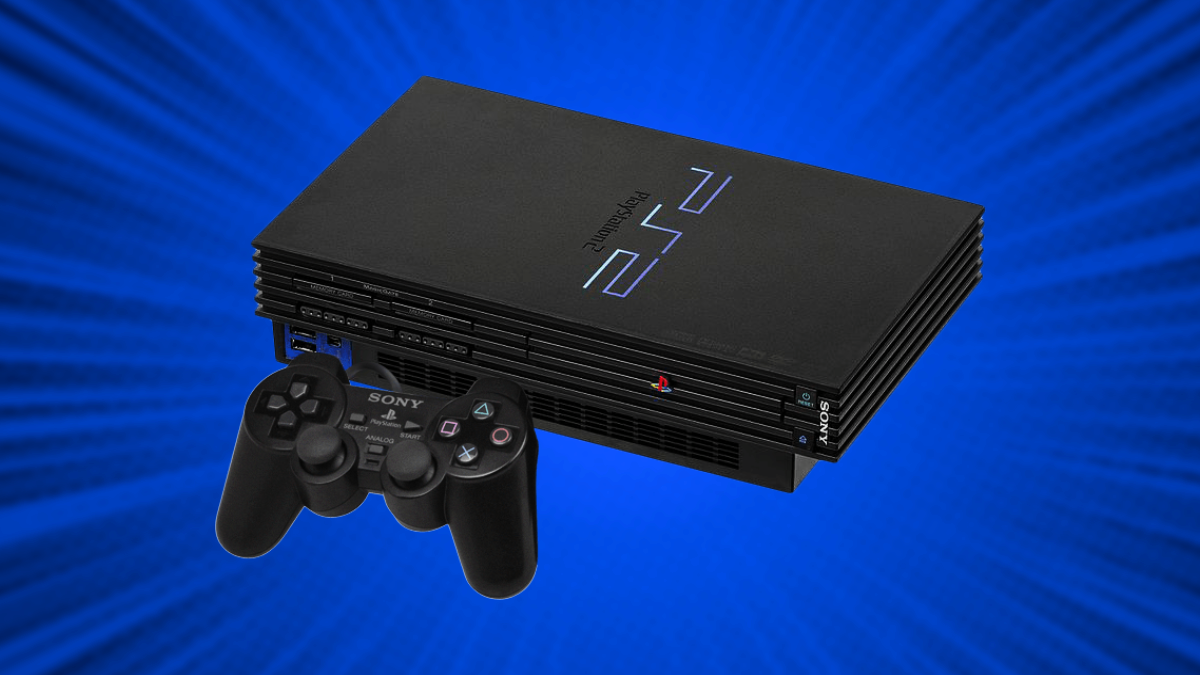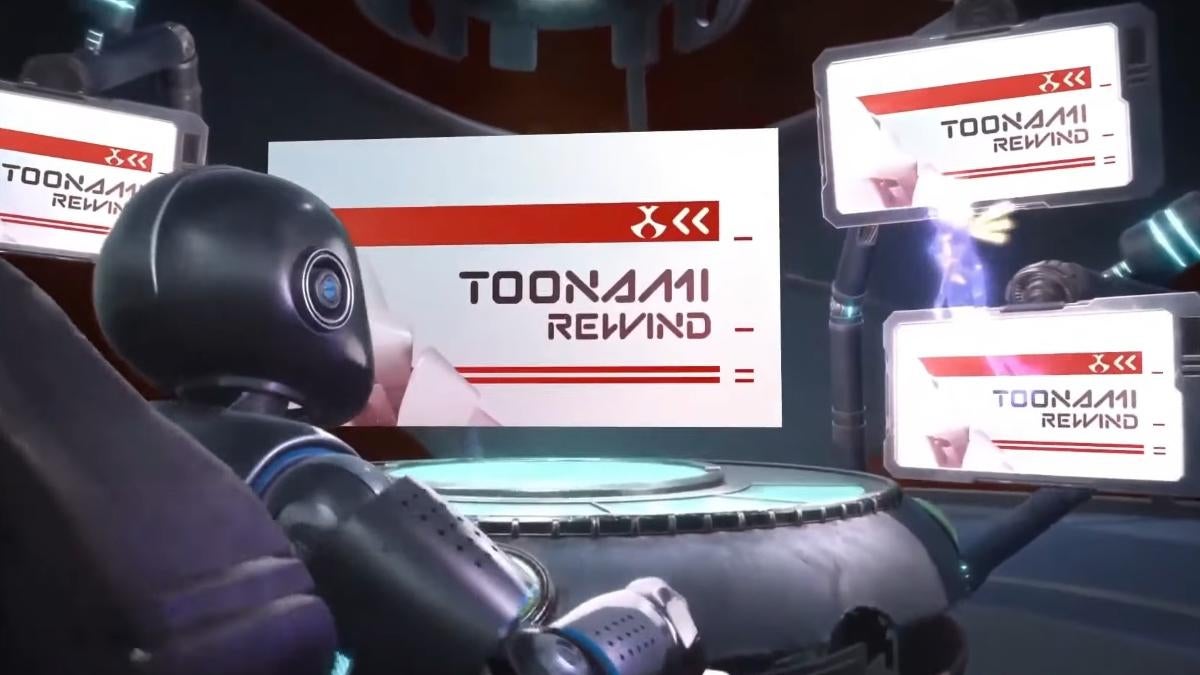Star Trek: Infinite Review: A Universe Without Stars
Star Trek: Infinite is a new 4x strategy game that gets the fundamentals down.
At some point during peak Star Trek – when there were five Star Trek shows in production, one releasing right after the other on Paramount+ -- I came across Stellaris. I'm not a player of grand strategy or 4X games, but it occurred to me that a game like Stellaris – which cast players as the controller of an interstellar polity – could be recast in the Star Trek universe with relative ease. It turned out that some interpret modders had already had the same idea. Thus, I purchased a copy of Stellaris and immediately downloaded a total conversion mod that turned it into a Star Trek game.
I played it for a bit, but not too long. Ultimately, the novelty of turning Stellaris into a Star Trek game wasn't strong enough for me to climb the steep learning curve required to understand the various nuances of complex 4X-style gameplay. But then Paradox Interactive, the company that published Stellaris, announced Star Trek: Infinite, a 4x-style game bearing the official Star Trek license, and my curiosity was piqued again.
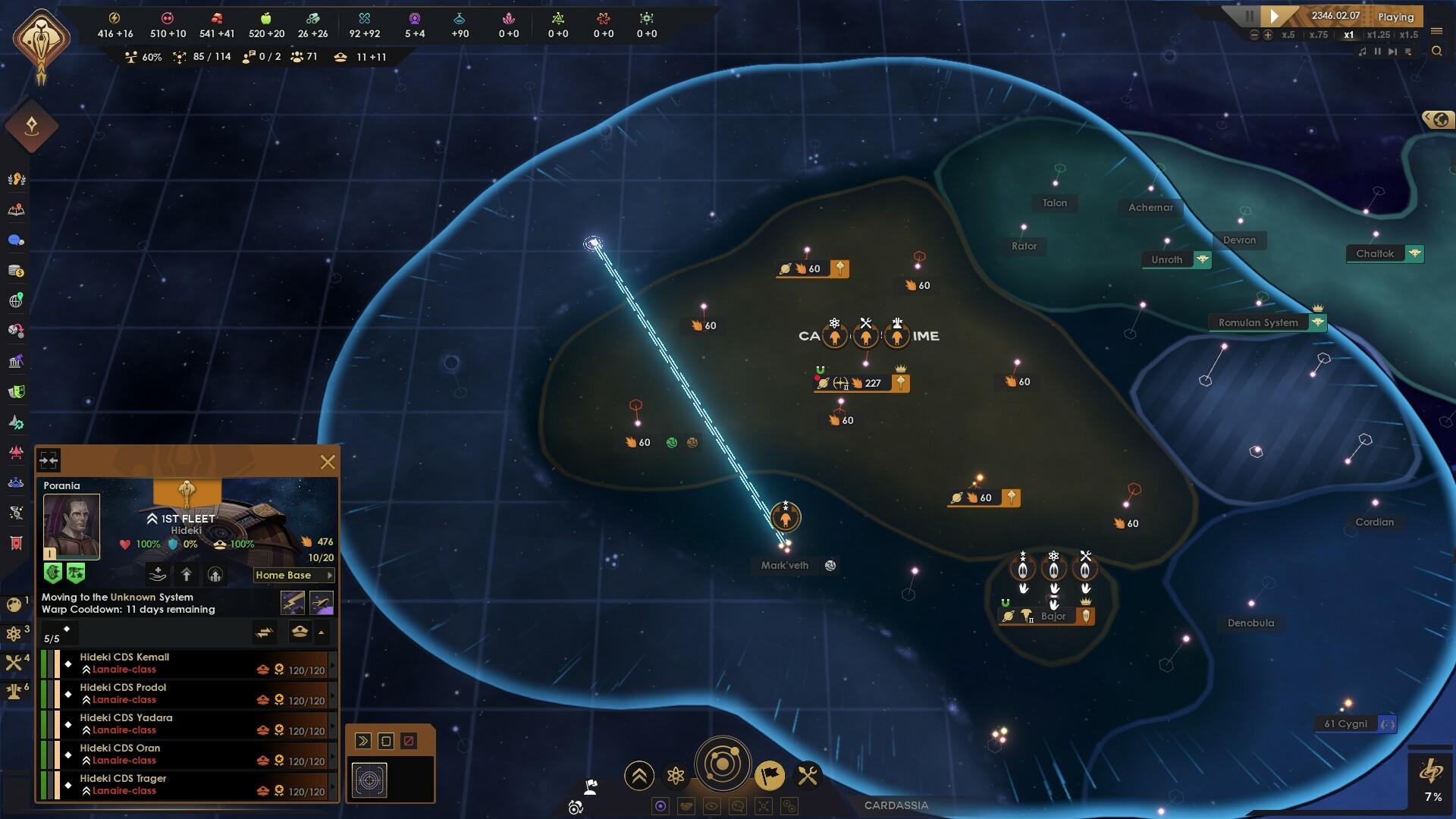
I tell you all of this so you know that I coming at Star Trek Infinite as a Star Trek fan first and foremost and not a great lover of 4X games. That perspective, the search for a unique Star Trek experience within the gameplay, undoubtedly colors my opinion of Star Trek: Infinite.
Star Trek: Infinite allows players to take control of any one of four major factions in the Star Trek galaxy: the United Federation of Planets, the Klingon Empire, the Romulan Star Empire, or the Cardassian Union. Each faction has its distinct strength that lends it to loosely pursuing one of the four "X" strategies (Explore, Expand, Exploit, Exterminate) that give the genre its name. The Federation is based on diplomacy and peaceful galactic exploration, while the Klingons, a warrior culture, are more invested in their military, and so on.
Each Star Trek: Infinite campaign is slightly less random than a game of Stellaris because Star Trek: Infinite is rooted in Star Trek canon. In each game I started, the major powers are arranged in roughly the same areas relative to each other, and galactic events proceed in a more-or-less fixed sequence, starting with the Romulan sneak attack on Khitomer that leads to an alliance between the Federation and the Klingon Empire (events Star Trek: The Next Generation fans will be familiar with).
Other Star Trek polities are considered minor powers. They're allowed more leeway to stray from established Star Trek stories. Events around them may transpire differently than in Star Trek's shows. The Betazed might ally with Cardassians while the Federation can, theoretically, liberate the Bajoran Republic well ahead of schedule. This keeps things interesting, though there are some oddities. For example, early on, the Federation can colonize the Denobula and Risa, which should each have established populations.
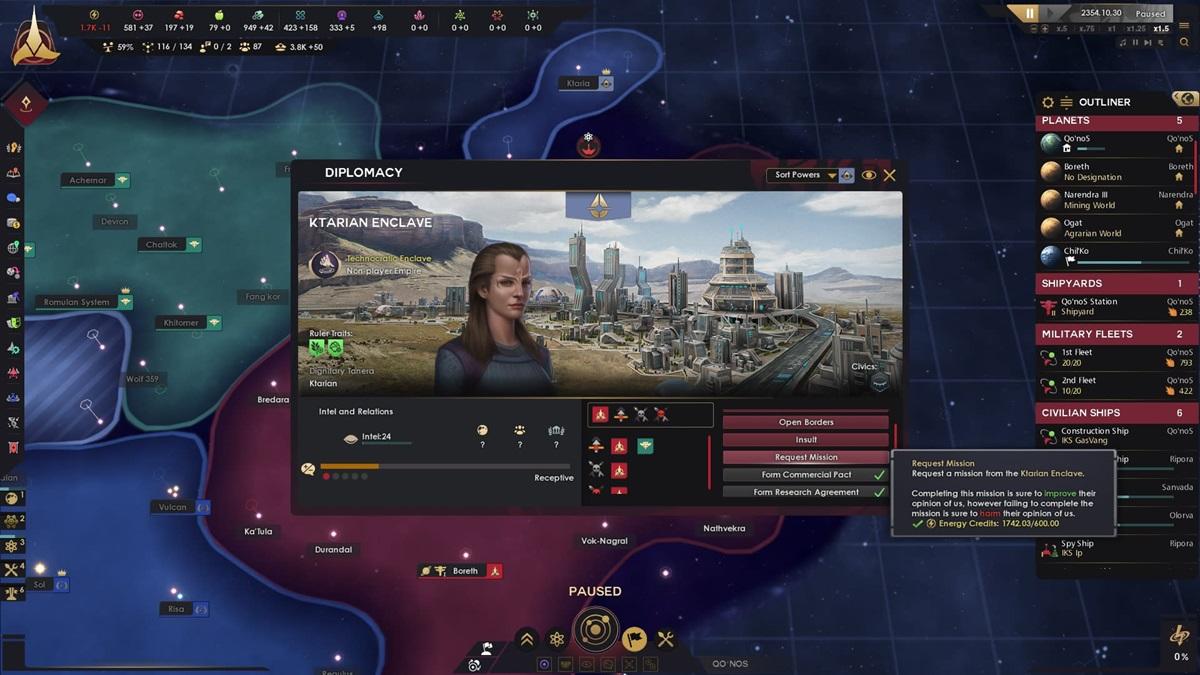
All the pieces are there, and the game mechanics seem solid in their fundamentals (though, admittedly, this is not my area of expertise). Explore new worlds, use diplomacy with familiar civilizations, and send spies and military fleets against those who don't cooperate. The major powers are designed to encourage you to play them within their established moral character -- Starfleet will typically put diplomacy and scientific exploration first; Romulans will always have a few spies in place wherever they go. Yet, the game didn't spark that Star Trek joy. Instead, Star Trek: Infinite made me realize how important characters are to the Star Trek experience, for me, at least.
I'm sure some fans will enjoy moving their fleets around on the galactic map, expanding their territory, and completing the long list of tasks the game offers. For me, it feels too much like meaningless busywork without a performance to anchor it all, which explains why games like Star Trek Online and Star Trek: Resurgence -- which both put so much effort into honoring the experience of watching a Star Trek episode over recreating the political reality of the universe that those episodes transpire in -- resonate with me more strongly.
Rating: 3 out of 5
Star Trek: Infinite is available now for PC. A review code was provided by the publisher for the purpose of this review.

